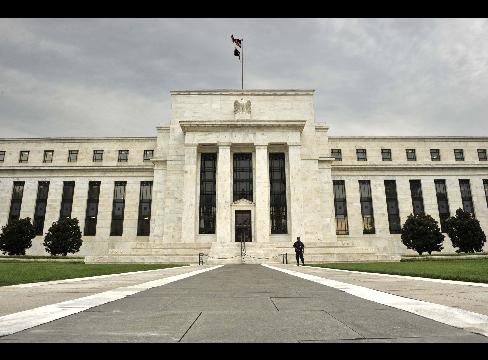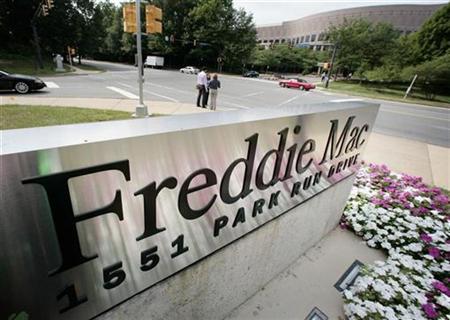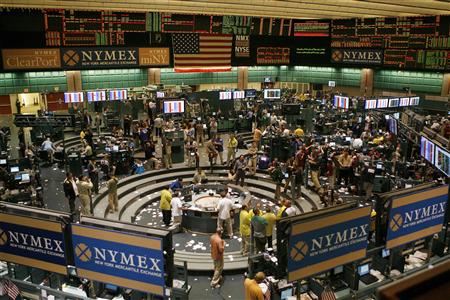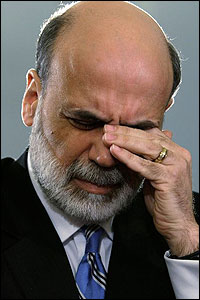
IMAGINE the Reserve Bank of Australia, concerned that its friends in the city of Sydney (but perhaps Melbourne) who, having wallowed in wealth all their adult lives, were no longer gainfully employable and their wildly extravagant lifestyles were in danger, and, having the powers to intervene in the market, decided to do just that on their behalf.
Imagine them offering to enter the market and buy shares that would prop up the foolish gambles of the bankers, gambles they had encouraged them, until recently, to take by providing them with cheap money.
On top of that, they told this group they would provide hundreds of billions of dollars in credits to these same profiteers on the grounds they were so big and important to the economy they were indeed too big to fail.
Then, imagine, despite pouring untold taxpayers money into stocks and allowing their cronies access to vast sums, the system continued to fail. So they announced they would need greater power and with it more secrecy.
For its growing band of critics has, perhaps unwittingly and in the interest of public good, this has become the principal function of the US Federal Reserve.
If this was to happen in Australia the International Monetary Fund would be hammering at the door of the Reserve Bank. But Australia does not have a President’s Working Group on Financial Markets, commonly known as the Plunge Protection Team, that allows the US Government to prop up the markets by buying shares. But to imagine the IMF investigating the US financial system is unthinkable, or was. But, at the weekend, Der Spiegel reported that the IMF would conduct a full investigation into virtually every aspect of it.
Der Spiegel wrote that the IMF had “informed” Federal Reserve chairman Ben Bernanke of plans that would have been unheard of in the past: a general examination of the US financial system. The IMF’s board of directors has ruled that a so-called Financial Sector Assessment Program is to be carried out in the US.
This, Der Spiegel wrote, “is nothing less than an X-ray of the entire US financial system”, adding that “no Fed chief in US history has been forced to submit to the kind of humiliation that Ben Bernanke is facing”.
The fact that the IMF is knocking on the very doors of its parents and waving legal papers about who lost the house, the car and the kids will, if the past is anything to go by, be buried in the US by pom-pom waving on CNBC telling all what a great time it is to buy.
But the news that the US Fed has now lost its last vestige of credibility did not end with the German report.
The Telegraph from London weighed in, following the Royal Bank of Scotland’s statement last week (also lost on the US public) that it was time to head for the crags, and reported Barclays Capital’s closely watched Global Outlook analysis that said US headline inflation would hit 5.5% by August and the Fed would have to raise interest rates six times by the end of next year to prevent a wage spiral.
If the Fed hesitates, the bond markets will take matters into their own hands. “This is the first test for central banks in 30 years and they have fluffed it,” the report found. “They have zero credibility, and the Fed is negative if that’s possible. It has lost all credibility.”
Der Spiegel reports that the IMF is threatening to seriously study the accounts of America, something President George Bush is determined to prevent at least while he is in the White House, informing the IMF that it can begin its investigation but cannot complete it until he leaves office.
Read moreIMF orders X-ray of the entire US financial system
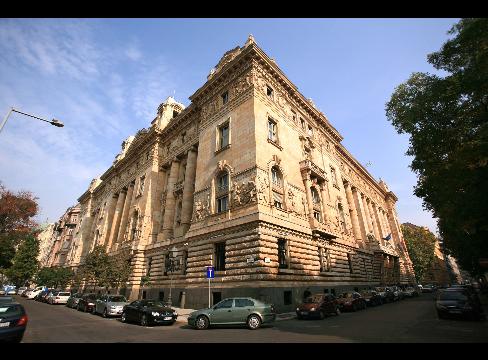


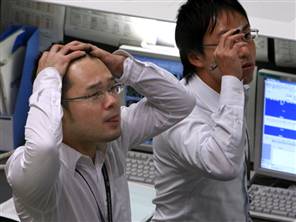
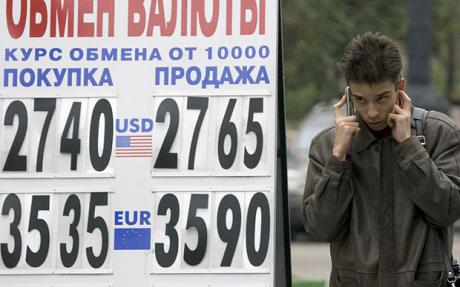
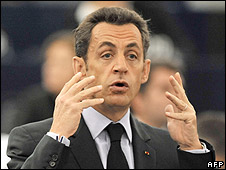 Mr Sarkozy is steering the EU presidency until January
Mr Sarkozy is steering the EU presidency until January



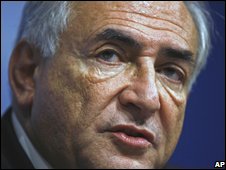 Strauss-Kahn said rich nations had so far failed to restore confidence
Strauss-Kahn said rich nations had so far failed to restore confidence